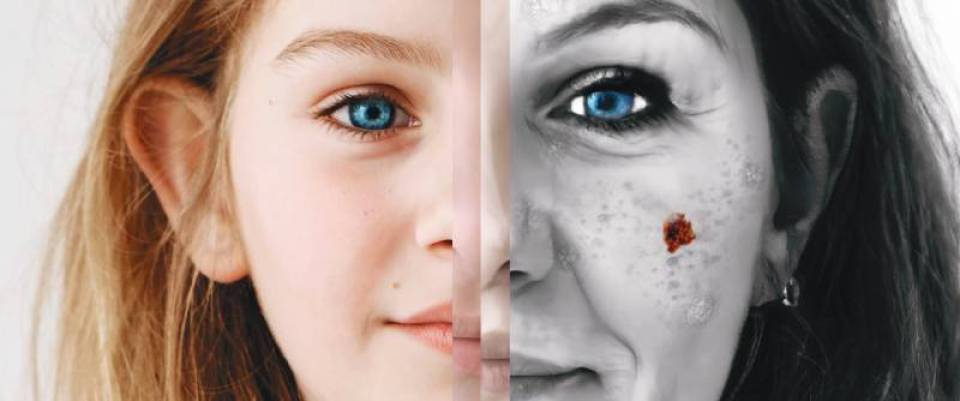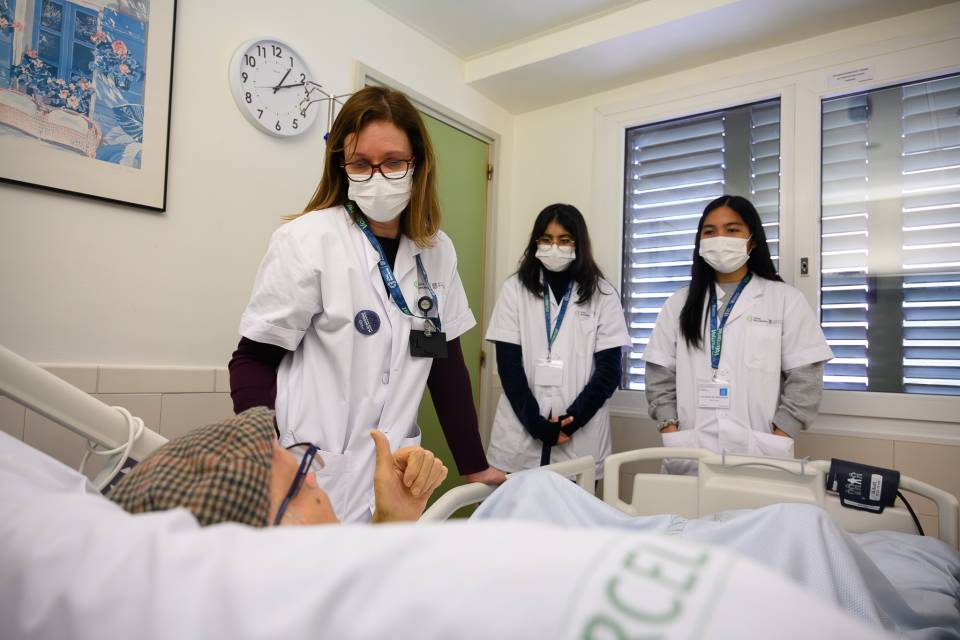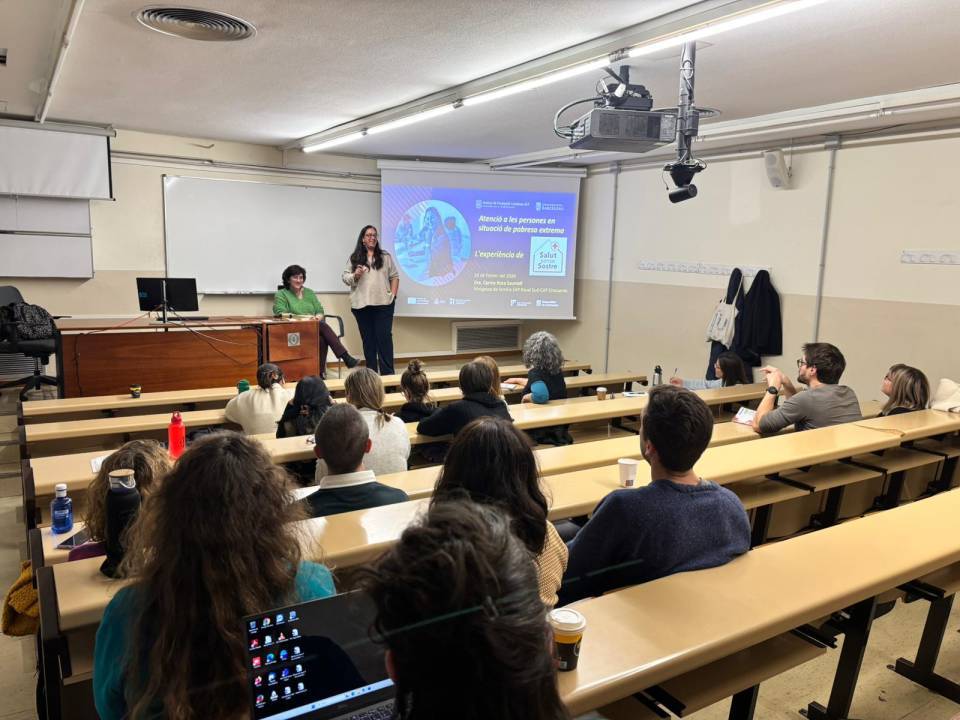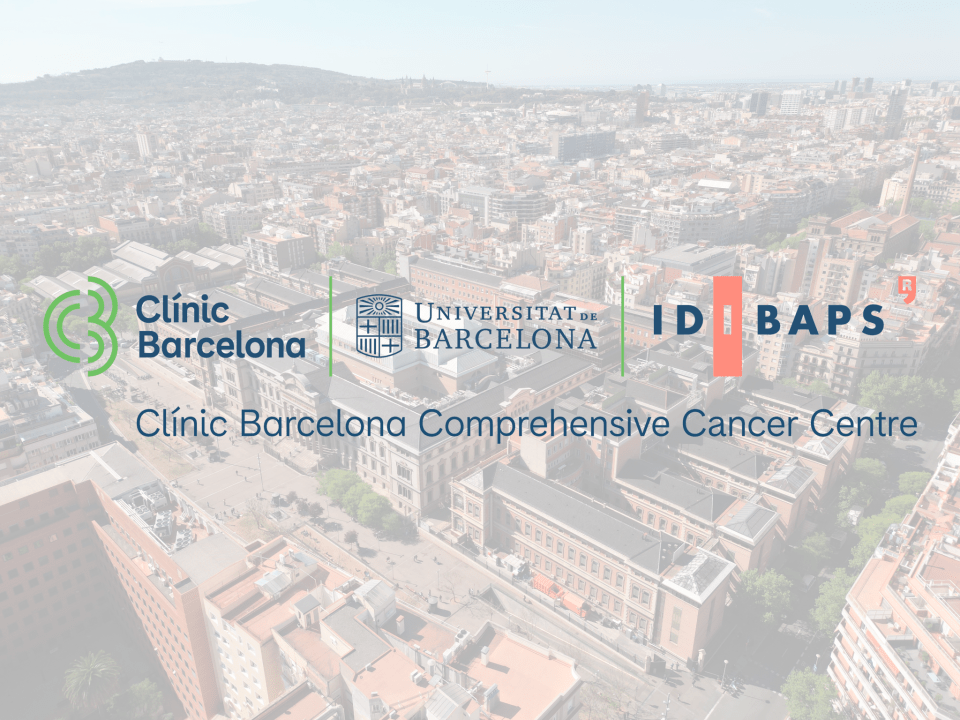Dr Susana Puig, head of the Dermatology Service at the Hospital Clínic Barcelona, warns categorically: “Sunburn in childhood is the cancer of the future”. Melanoma, one of the fastest-growing malignant tumours in recent years, could reach almost 9,500 new cases in Spain by 2025, according to data from the Spanish Society of Medical Oncology (SEOM). Projections indicate that, by 2040, it will be the second most common cancer globally and the most common in men, ahead of colon and lung cancer.
Although the current data are worrying, Dr Puig stresses that there are clear signs for optimism and that the situation could evolve positively. “In recent years, young adults have been developing fewer melanomas, and those who do develop them show more stable progression. This indicates that photoprotection in childhood has paid off”, she says. However, she warns of the risk of backsliding due to misconceptions such as ‘solar calluses’, which promote unprotected exposure under the false belief that the skin becomes stronger.
Primary and secondary prevention: keys to reducing risk
The Euromelanoma campaign focuses on two fundamental pillars:
- Primary prevention: reducing exposure to ultraviolet radiation, both solar and artificial. Dr Puig recalls that photoprotection goes beyond sunscreen: “Avoiding the sun between 11 am and 3 pm, wearing appropriate clothing and sunglasses, and seeking shade are essential measures”. She also clarifies that, “just 10 minutes of sun exposure a day is enough to synthesize adequate vitamin D".
- Secondary prevention: early protection through monthly self-examination and regular dermatological check-ups. “If you notice any changes in a mole, don't be afraid: consult a doctor. Over 95-98% of skin cancers can be easily cured if detected early”, says Dr Puig.
A campaign with 25 years of history
The Euromelanoma campaign began in Belgium in 1999 as “Melanoma Day”, offering free skin examinations. Today, it has become a well-established European initiative, known as “screening month”, in which dermatologists across Europe offer free check-ups to people with risk factors.
In Spain, the AEDV’s Healthy Skin Foundation leads this campaign, as one of its main activities for skin cancer prevention and the promotion of skin health.




